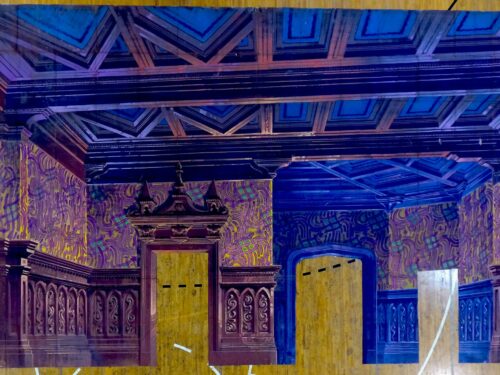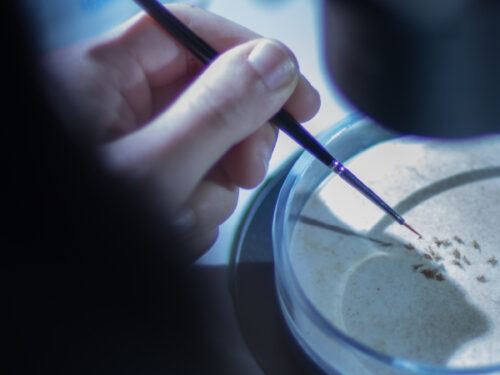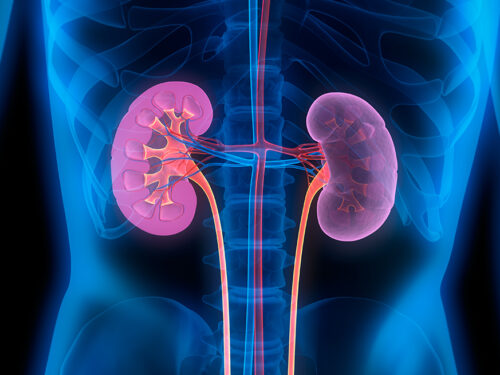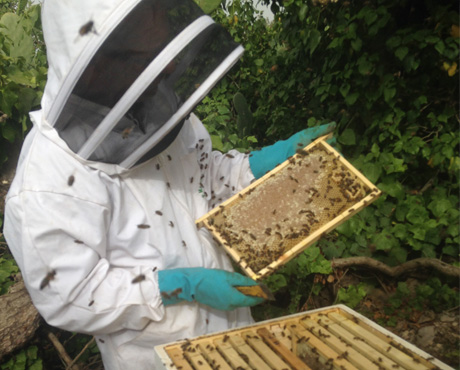
The main objective of this research is to identify pure colonies of A. m. ruttneri which have remained unhybridised in the Maltese Islands. Recent studies have shown that pure colonies of authentic A. m. ruttneri still exist on Malta. In the light of the ongoing and increasing pressure from commercial beekeeping and queen producing operations in southern Europe, it now appears imperative to initiate measures for its conservation in the future
The overall aims of the present research work are to:
(i) sample 40 bee colonies with phenotype characteristics of Apis mellifera ruttneri and carry out both morphological and genetic studies to assess their origin;
(ii) transfer a minimum of 10 colonies of A. m. ruttneri (which were found to be pure colonies following morphological and genetic tests) on University grounds (near Wied Għollieqa) for queen breeding;
(iii) generate pure colonies of A. m. ruttneri (consisting of a fertilized queen and about 5,000 worker bees) and provide such colonies to interested beekeepers in Malta.
The project started with the collection of specimens from at least 40 managed bee colonies from beekeepers that are known to have refrained from using imported bees. Once the sampling process was done, the second stage involved measurement of morphometric parameters such as wing angles which are known to be useful to distinguish bee sub-species.
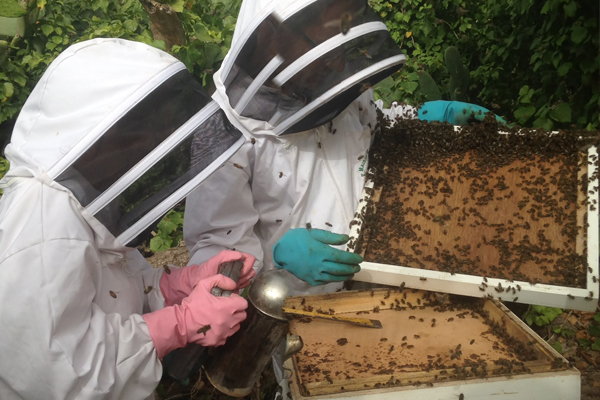
The data generated from this stage was useful at a preliminary level as it allowed the identification of A. m. ruttneri from other sub-species. While this method could distinguish native honey-bees from those from our closest neighbouring regions i.e. Italy, Sicily etc, it is
not successful where foreign bees have become hybridised (introgressed) with the local population. The latter can share certain external morphological features making identification with this tool difficult. For this reason the mitochondrial DNA was also studied.
Once the pure colonies wereidentified, a minimum of 10 colonies of A. m. ruttneri were transferred to a selected site on the University grounds for queen breeding. Queen rearing will be carried out on these colonies and thus pure colonies of A. m. ruttneri will be generated and providing a supply of colonies to many interested beekeepers in Malta.
The researchers for this project are Prof David Mifsud, who is the lead investigator and Dr Marion Zammit Mangion from the Institute of Earth Systems.


